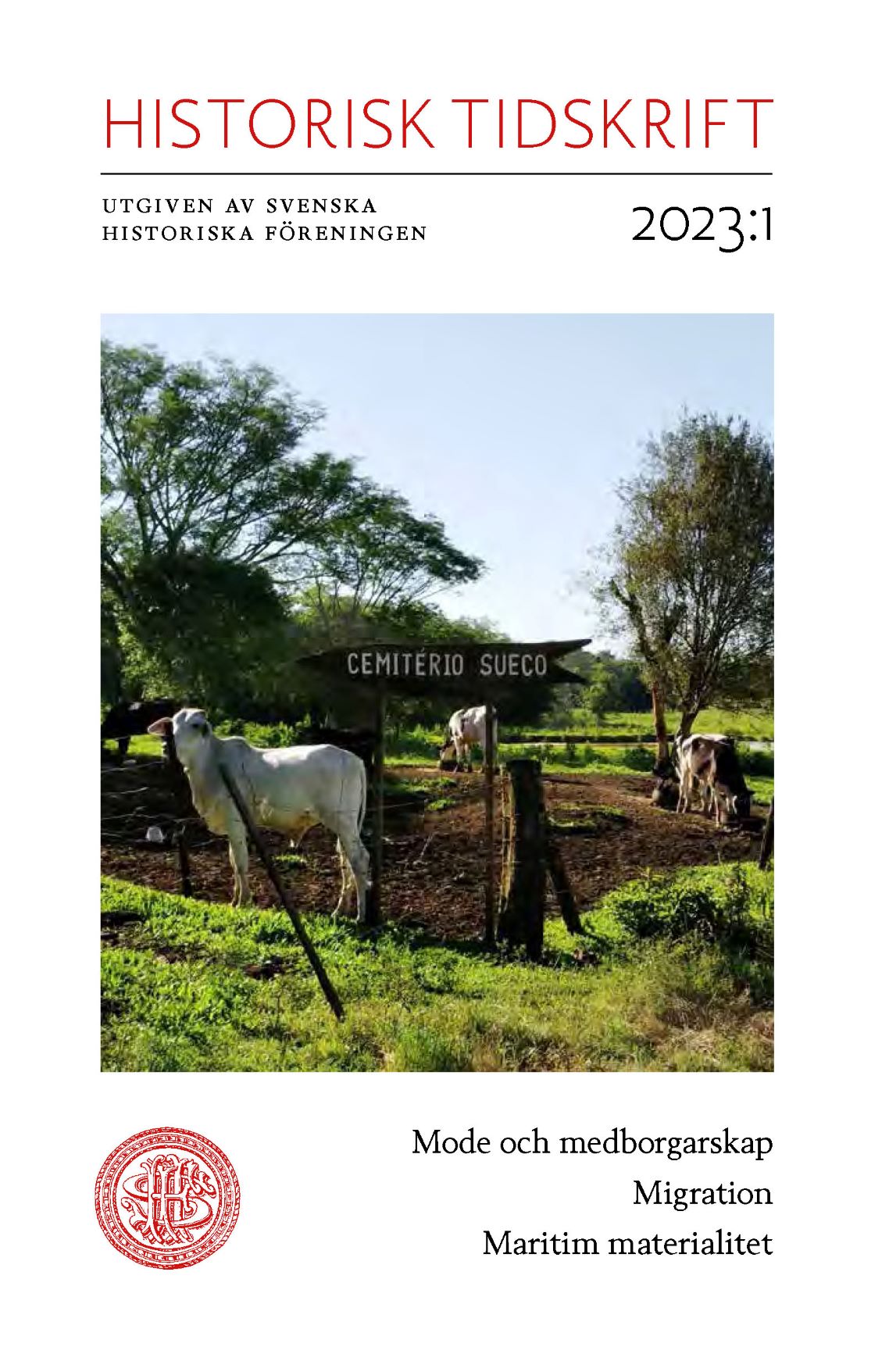Abstract
Writing home about a new country: Swedish migrants in southern Brazil around 1900
The number of Swedish citizens who migrated to Brazil between 1881 and 1914 reached between 3,000 and 5,000. Most were labourers or peasants, hoping to find a better life in a new country. Although it did not compare to the sheer size of the migration flows to North America, it still received some attention in the Swedish press. Newspapers often presented Brazil as an exotic destination, but there were those who doubted whether it was appropriate for Swedes to emigrate to Brazil.
This article draws on Swedish migrants’ letters and diaries, written and published either while the writers were living in Brazil or, sometimes, after they had returned to Sweden. The narratives constructed an image of Brazil as a contact zone between cultures, and are best understood as a discourse and social practice in which the individual journeys played out. The texts provide insights into people’s experiences of the kind we focus on in our analysis: daily life and observations about nature, the environment, and living conditions as well as other peoples.
There are not only extensive sources for how Swedish migrants reportedtheir attempts to ensure the success of their migration projects in the European settler colonies in southern Brazil, but they are also sufficiently broad and varied to provide a good overview, while the existence of several series of letters by the same writers makes it possible to follow individual migration projects. The article explores the contradictions between migrants’ stories, the evolution of individual Swedes’ views on life in Brazil, and how their known ideas about colonisation, nationalism, racism, and power related to the contact zone between Brazilian and Swedish society and history.
By analysing the texts from an interdisciplinary perspective, considering both the Swedish and Brazilian contexts, we map Swedes’ migration projects and contribute to the discussion of settler migration and its social and cultural implications. We find the Swedish migrants’ discourse to have been heavily impacted by processes at a level that individuals rarely influence. Yet at the same time, their writings reflected the pragmatic realities of life as a migrant. We would argue that most Swedish migrants who wanted to defend their decision to emigrate (and perhaps never return) chose to present it in the best possible light, whereas those who wanted to return and become part of the Swedish community again adapted their descriptions accordingly, offering a negative picture of life in their new country and often of their own emigration projects.

